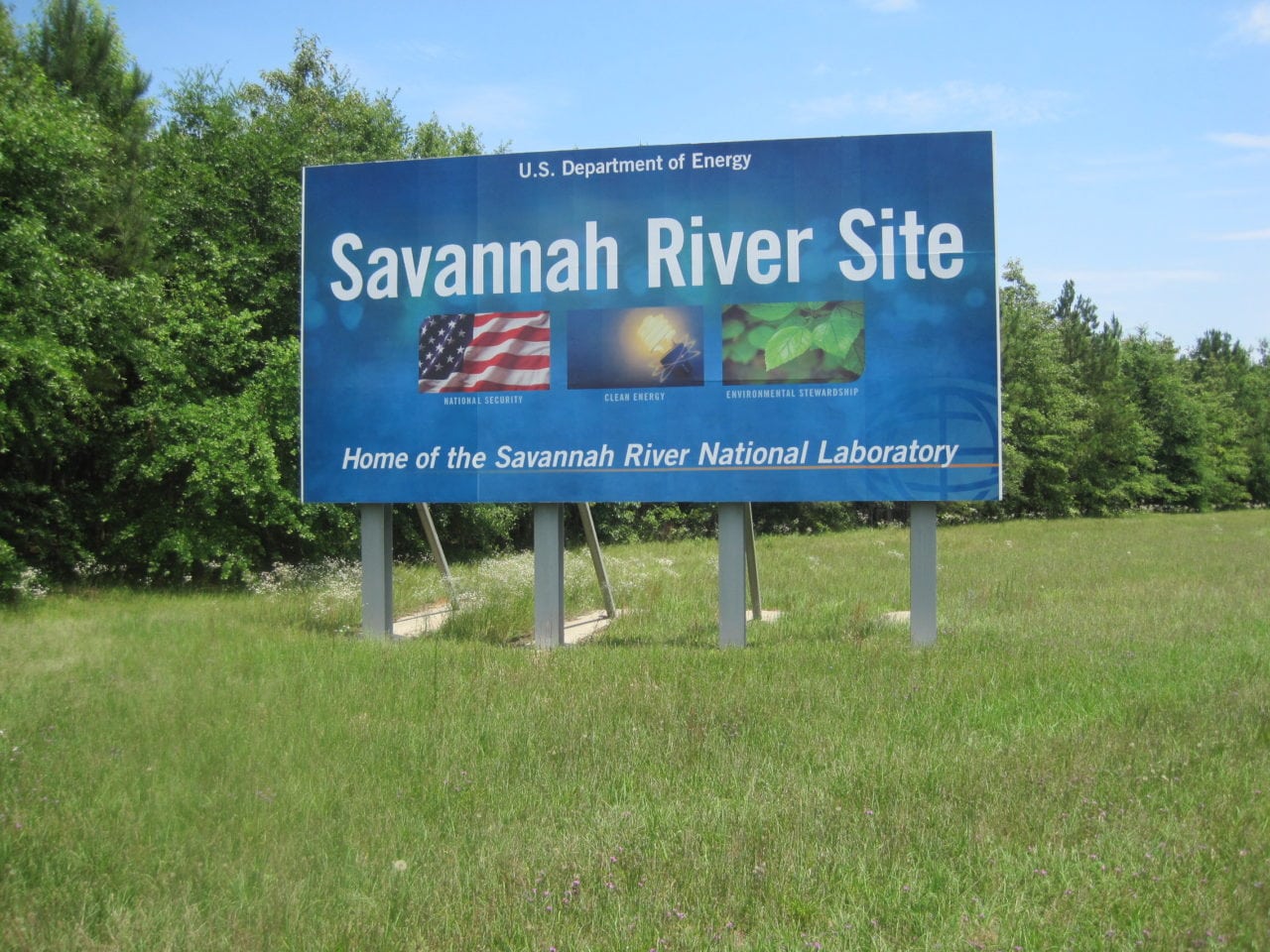
A Department of Energy policy from 2019 that found certain less-risky high-level radioactive waste can be treated and disposed of as low-level waste was, on further review, upheld by Secretary of Energy Jennifer Granholm, the agency said Thursday.
To that end, DOE on Wednesday issued a Federal Register notice affirming that this altered interpretation of federal nuclear law, released during the Donald Trump administration by then-Energy Secretary Rick Perry, is compliant with the Atomic Energy Act of 1954, as amended, and the Nuclear Waste Policy Act of 1982.
There had been some speculation the Joe Biden administration might undo the reinterpretation that is opposed by environmental groups and even by Washington state. These groups and others say it effectively reclassifies high level waste as low-level waste.
A spokesperson for the Washington Department of Ecology, the state regulator for DOE’s Hanford Site, said Friday the agency is reviewing the DOE notice. “We continue to be committed to ensuring legacy tank wastes at Hanford are managed, retrieved, treated, and disposed of in a manner that protects human health and the environment.”
Hanford is the largest, most contaminated nuclear-weapons cleanup in the U.S.
The Hanford Challenge environmental organization remains “firmly opposed” to the reinterpretation and is willing to sue to prevent its implementation at the DOE’s Hanford Site in Washington state, Hanford Challenge Executive Director Tom Carpenter said in a Thursday email.
“DOE’s administrative reinterpretation of HLW [high-level waste], as defined by law and in the absence of congressional approval, is of great concern and implies that the department will aim to dump more HLW in LLW [low-level waste] facilities,” said Tom Clements, director of the Savannah River Site Watch environmental group in South Carolina. “The reinterpretation could even open the door to the disposal of vitrified HLW canisters as LLW or TRU [transuranic waste], which would be extremely controversial and an alarming development indeed.”
“The interpretation is consistent with existing laws and regulations,” an agency spokesperson said. “Where implemented, the interpretation enables the Department to better address one of its largest environmental risks by potentially allowing the opening of new disposition paths for reprocessing waste with no near-term path for disposal that has been stored for decades at DOE sites.”
Meanwhile, in a separate but related Federal Register notice, DOE announced it is taking comment on a draft Environmental Assessment for the Commercial Disposal of Savannah River Site Contaminated Process Equipment for 45-days.
This would be the second technical pilot for disposing of high-level waste in a commercial facility under the agency’s now-affirmed reinterpretation of federal law. The trial would involve some contaminated equipment from the Defense Waste Processing Facility at Savannah River, Doug Tonkay, the acting deputy assistant secretary for waste and materials management at the DOE’s Office of Environmental Management, told the National Cleanup Workshop last week in Alexandria, Va.
As part of its first pilot project to dispose of high-level waste under the new interpretation, DOE in 2020 sent a few gallons of grouted wastewater from the Savannah River Site in South Carolina to the Waste Control Specialists site in West Texas.
The Energy Communities Alliance (ECA), which represents local governments near DOE properties, has been a leading advocate for the reinterpretation and is happy to see the current DOE regime keeping it.
“[W]e hope that the experience in South Carolina continues to demonstrate how it can safely expedite cleanup using this risk-based approach that is protective of human health and the environment and saves taxpayers money,” said ECA’s nuclear policy director Kara Colton in a Thursday email.